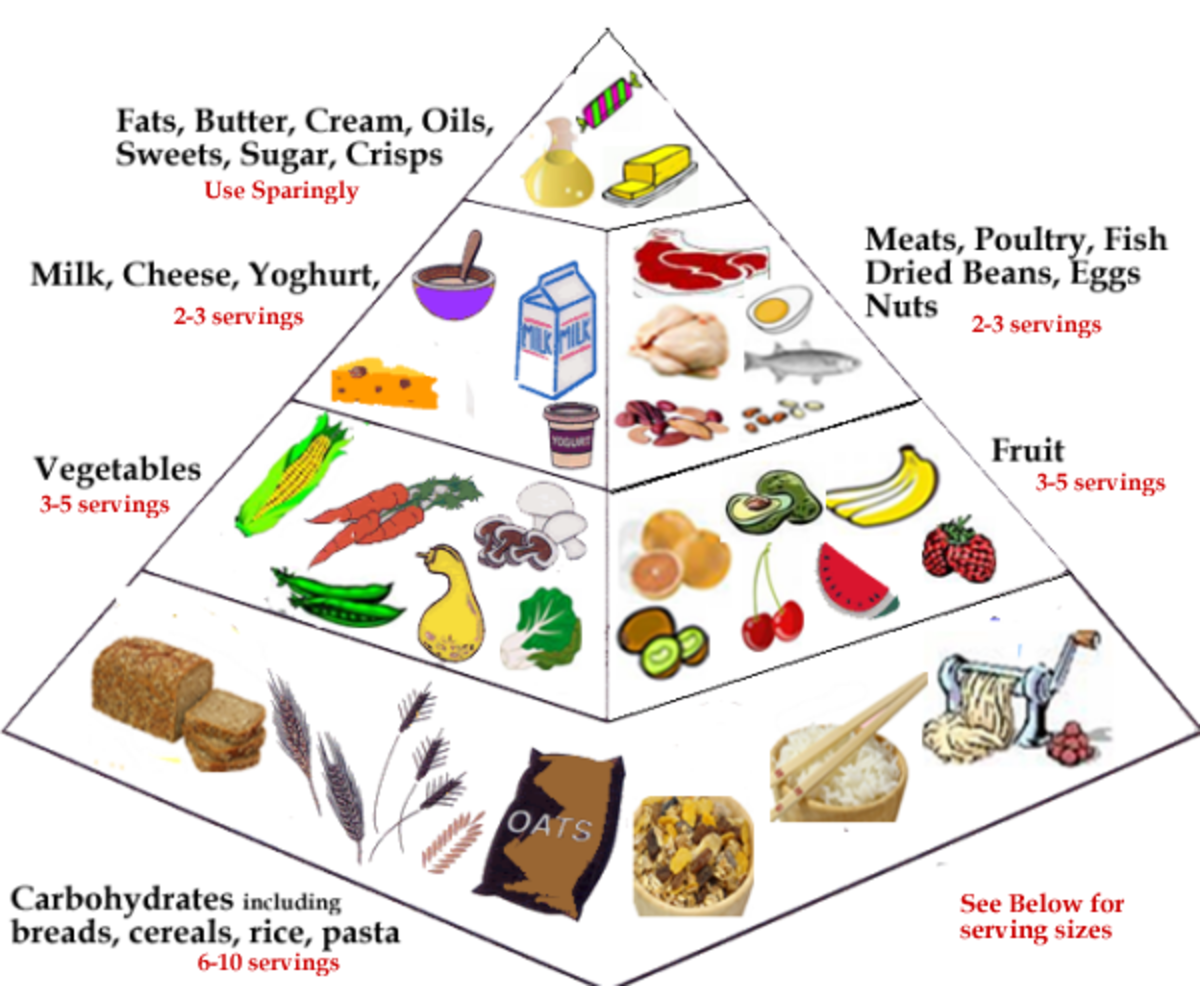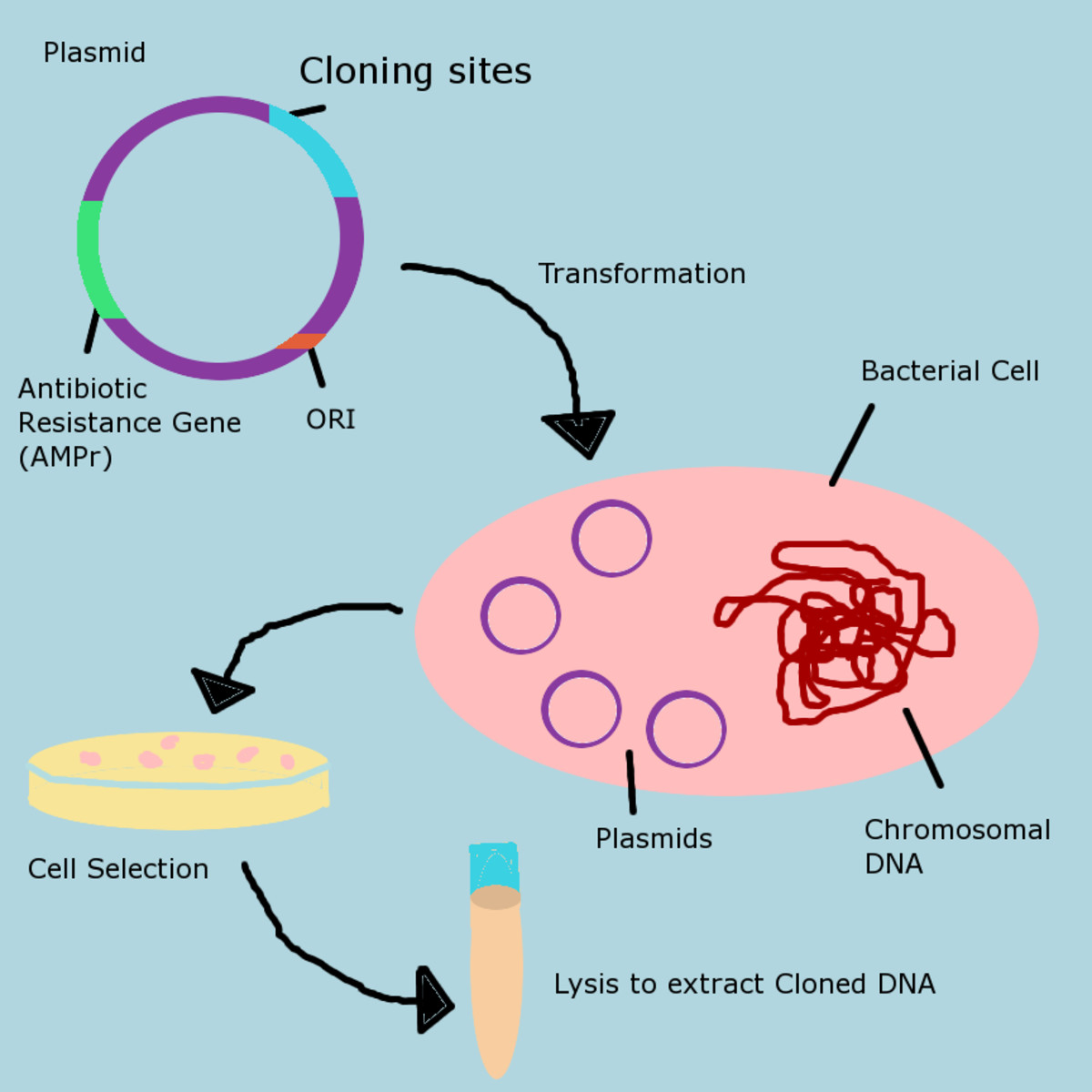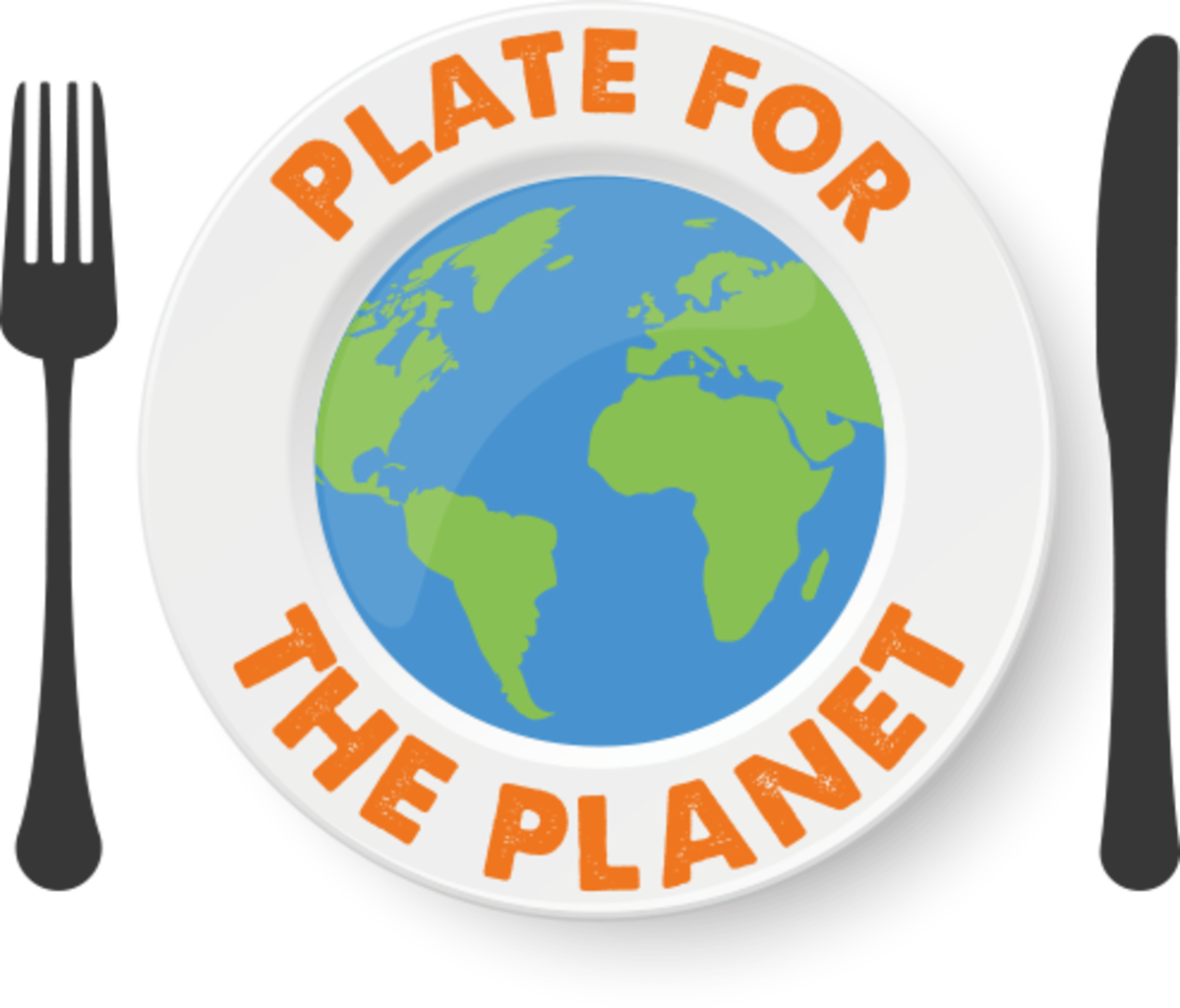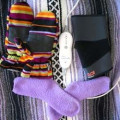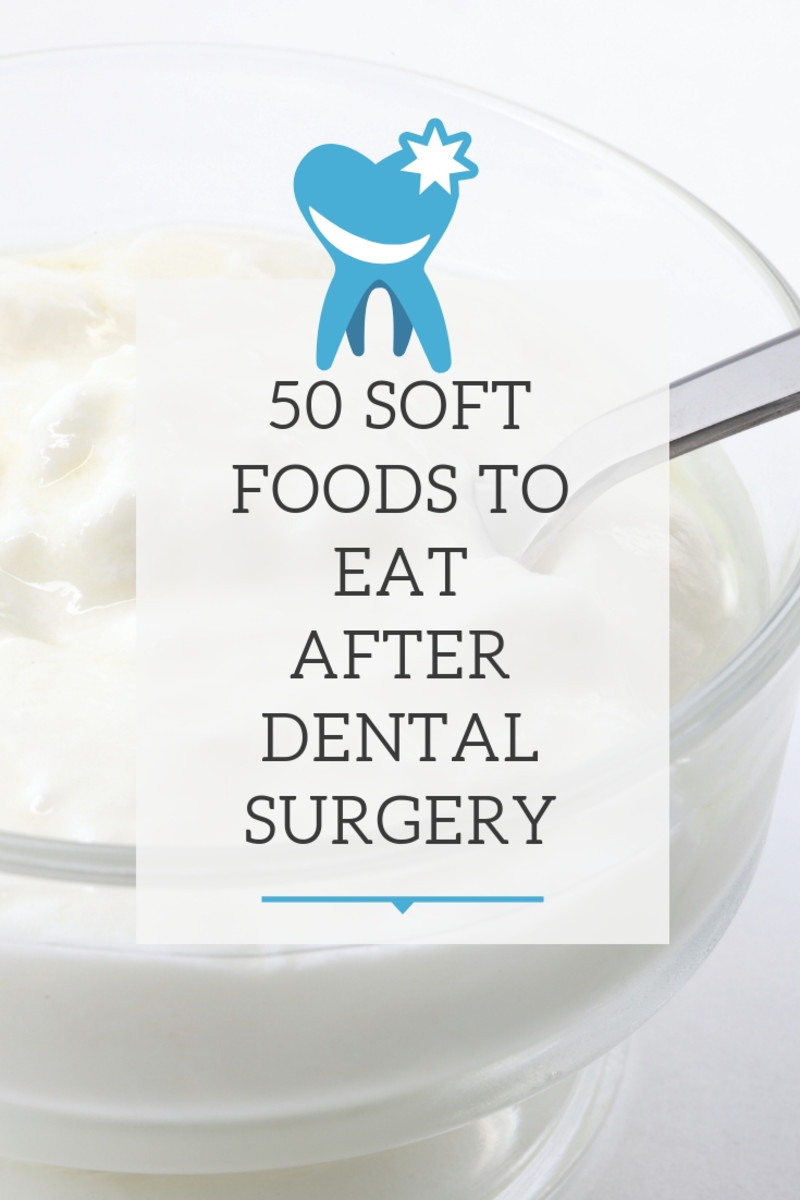The Dangers of Too Much Protein
Proteins are one of the most important nutrients for the human body. They are considered to be macro-nutrients, which means the body needs fairly large amounts of them. The body uses protein to build tissues, but also hormones and other chemicals. Proteins are one of the most popular nutrients when it comes to maintaining a strong and fit physique and a healthy diet. And that makes total sense. Without protein the body can’t repair muscle tissue effectively. That’s why bodybuilders are eating large amounts of it. However, the dangers of too much protein are perhaps not as often discussed.

How Much Protein Do We Generally Need?
Most people who are moderately active or not very active need between 50 to 62 grams of protein per day. However, people who are more active, are recovering from injuries, or who are seeking to build muscle need more than just the daily requirement. It is estimated that the required amount of protein in order to build muscle is 1 gram per pound of body weight.
But, Is It Possible to Consume Too Much of It?
It is difficult to consume too much protein by eating solely normal foods, because the amount of the food would have to be very large and it’s hard for most people to eat large amounts of protein-rich foods. But when people are using protein powders and supplements, sometimes they may easily consume large amounts of protein that are not optimal for their body’s health and functioning.
Are There Any Dangers of Too Much Protein?
The answer is yes. There are a few health hazards associated with over-consumption of protein.
1. Kidney Problems
Eating excessive amounts of protein can be hard on your kidneys. The reason behind that is the nitrogen that occurs in the amino acid that make up the proteins. When you eat too much protein your kidneys have to deal with a lot of nitrogen and do extra work to get rid of it\flush it out. The problem occurs when you consistently over-consume protein and cause your kidneys to work on overdrive. If you do this long term this can even damage your kidneys.
2. A Built up of Ketones in Your Blood
Oftentimes, when people eat a lot of protein, they don’t eat enough carbohydrates. When the body doesn't get enough energy from carbohydrates (glucose) it enters a state called ketosis. Ketosis is a state in which the body burns fat for energy and makes ketones in the process. In a normal state the body doesn't make ketones and it controls how much fat it burns. A state of ketosis can be dangerous if too much ketones build up in your body because they change the chemical balance of the blood. Shorts periods of ketosis are usually not harmful, but longer periods can be. Also ketosis can cause you to have a really bad breath, as a result of the bad smell of the ketones.
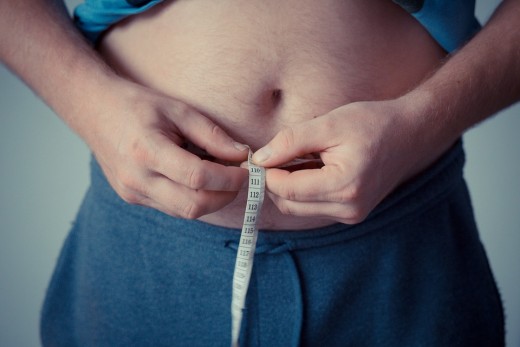
3.Weight Gain
Proteins provide 4 calories per gram. Although they are not dense with calories as fats, eating a lot of them can make it easier for you to eat more calories than you burn, and store the excess as fat. When you consume more protein than your body needs the excess protein will be stored as fat, even if you eat a low-fat and a low carbs diet.
4. Digestion Problems
A diet who consists mostly of protein may lack nutrients, such as fiber, that contribute to healthy digestion. Also your stomach enzymes are not able to handle too much protein at one time so your digestion might slow down as a result. That can lead to stomach discomfort and constipation. And it’s not healthy, nor enjoyable to be frequently constipated and deal with poor digestion.
5. Dehydration
Your body needs a lot of water when you consume too much protein. So you might find yourself feeling constantly thirsty. This happens because of the nitrogen waste that comes with the amino acids that make up the proteins. The body basically needs more water to flush the nitrogen waste out. That is why experts recommend that people who eat high protein diets, should drink a lot of water, even if they do not feel very thirsty.

